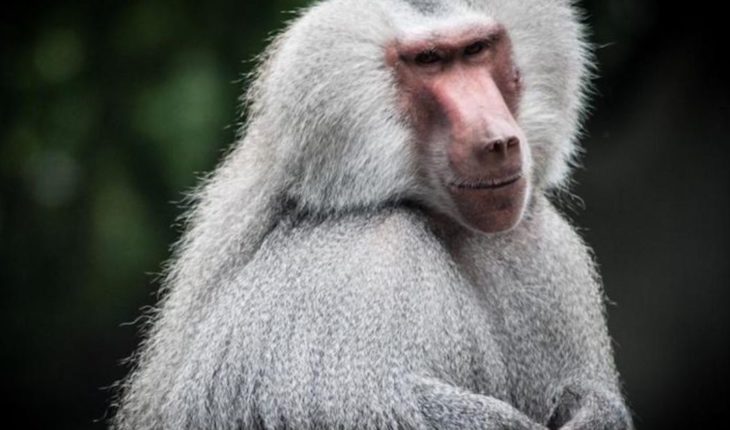modified pig heart transplant is the only cure for patients with Terminal heart disease, but the number of available donors is never enough to cover the needs des medical. It is for this reason that since years ago investigated the viability of pig organs genetically modified as a replacement for humans. The transplantation of organs between species (called xenotransplantation) is a complex procedure which had relative success so far. However, a recent study of the a group of German researchers published in Nature ensures that a Chuck survived 195 days with a pig heart.
“Why not use a pig heart? It is very similar to ours,”said one of the authors of the study, Bruno Reichart.
The pigs were modified to produce the human version of two proteins, and not to create sugars that are not present in apes and humans and generate system attack on pig organs. The experiment was carried out in several stages. For the first group used is hearts kept cold (as it is usually done in human transplants) but the lack of blood flow was fatal. The second trio received hearts that had been connected to a machine that provided them with a mixture of nutrients and oxygen-rich blood, and survived for 18, 27 and 40 days respectively. The death of the members of the second group was due to the heart were too large for the animals. Pigs are growing at one faster rate than mandrels, and with the passing of the days the bodies became incompatible with the new body. Five cores were transplanted in the third stage. The researchers lowered the blood pressure of animals to match with the pigs and provided them with a drug that is used to limit the growth of the heart. Except one of the receivers, who died from a blood clot, the rest survived 90, 182 and 195 days, and only one of them showed any sign of heart problems. Everyone enjoyed good health during that period said Reichart, who assured that the primatologist involved in the study did not record any unnatural behaviors. According to the text, in 25 years of research scientists only had been able to extend the life of a Chuck transplanted by up to 57 days, so the result of this study represent a milestone. Yet several specialist are skeptical regarding this. Portal Gizmodo got in touch with the Professor of surgery at the University of Maryland School of medicine, who explained that one of the antibodies used in the research, called CD40, is not approved for use on humans. On the other hand the medical eticista Carolyn Neuhaus raised doubts about the future of these investigations and the risks of animal husbandry to serve as a source of organs for the human. The results of Reichart and his team represent a milestone in medical research and running to solve a global problem. In our country, according to data from the INCUCAI, there are 126 people on waiting list awaiting a donor heart, and in the United States that number amounts to nearly 4000.
in this note: xenotransplantation-transplantation





